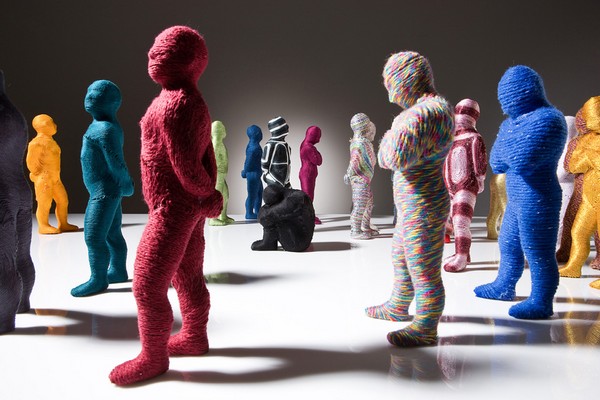Why We Only Watch as Mute Spectators: Bystander Apathy
Bystander Effect
If we see someone in a crisis situation we would immediately rush to help them, isn’t that right? Well, not really. According to psychological theories, our helping behavior is deeply influenced by the number of witnesses (bystanders) present during the event.
Basically, the bystander effect is a phenomenon wherein the greater the number of witnesses during an emergency, the lower the chances of people helping the distressed person.
Why it occurs
When a crisis occurs, observers have a greater likelihood of reacting to the situation if there are the number of observers is one to none. Being part of a large crowed tends to dilute the sense of responsibility needed to take action. An individual does not feel the urge to perform an action (or inaction), as the responsibility is thought to be shared among all in the observer group.
The other reason that bystander apathy is said to occur is due to our innate need to behave in a fashion that is considered right and socially acceptable. When others around you do not react, it sends an instinctive signal to your brain that a reaction is not required or isn’t fitting of the situation.
Research has also shown that crowds make us callous when a situation is vague. For example, if someone sitting on a thrilling ride in an amusement park starts to scream it is less likely that people will assume that it is a cry for help. During an emergency, things are often chaotic and people look to the behavior of others around to gauge the appropriate reaction required. If no one else reacts, the message is loud and clear, no response is needed.
Beating the Bystander Effect
Being aware of this aspect of social psychology is the first step in effecting overcoming it. If you come across a situation where you believe that someone needs your help, don’t wait for others and reach out to the other in crisis. Avoid social loafing by being observant of your surroundings; trust your gut instinct in understanding how to best handle a situation.
